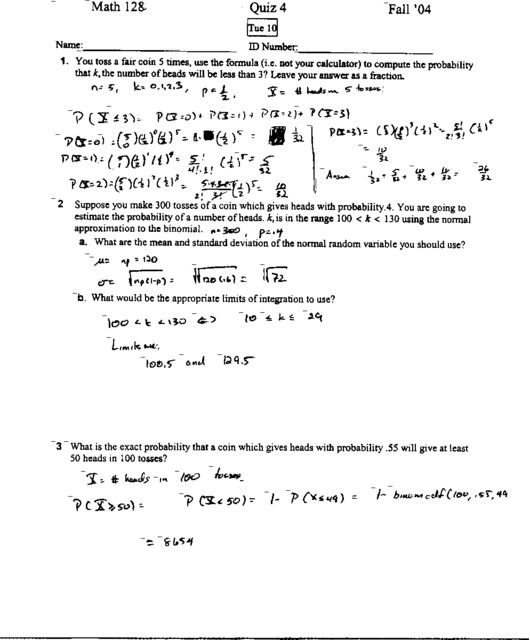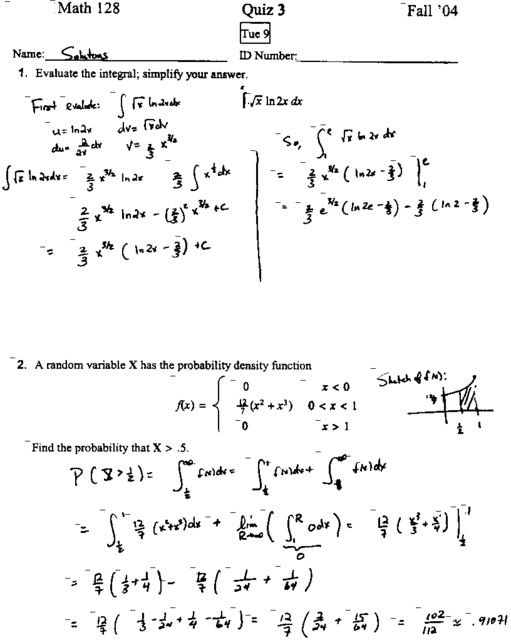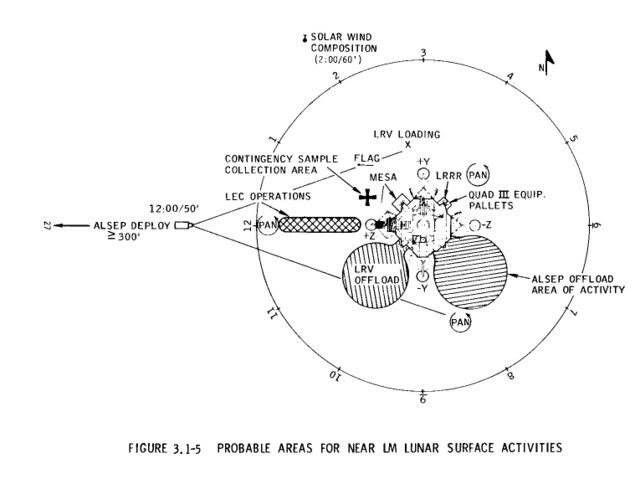A style of rock music that emerged in the late 1980's. It is characterized by complex, atypical rhythmic structures, stop/start dynamics and angular, dissonant riffs.
Whereas most rock music uses a basic 4/4 beat (however accented or syncopated),
math rock frequently uses odd-time meters such as 7/8, 11/8, or 13/8, or features constantly changing meters based on various groupings of 2 and 3. This rhythmic complexity, seen as "mathematical" in character by many listeners and critics, is what gives the genre its name. Musically, math rock derives from other rock genres, including rock, heavy metal, progressive rock, and punk rock
. Math rock often sounds familiar but somehow "off." It fits into those genres but is never a classic example.
While music that changes time signatures from section to section (as well as within sections) is by no means a new innovation (dating as far back as the late 15th century), math rock is the conscious application of this principle within the rock idiom.
Musicians who purposely turn to mathematics to find new creativity in their music are also classified math rockers. They manipulate, twist and syncopate to confuse, to delay, to create something that is a twist on rock, punk, or pop. Some math rock artists and fans refer condescendingly to rock bands who do not use complex meters as merely "4/4 bands."
Lyrics are generally not the focus of math rock; the voice is treated as just another sound in the mix. Often, lyrics are not overdubbed, and are positioned low in the mix, as in the recording style of Steve Albini. Many math rock groups are entirely instrumental such as the British group 65daysofstatic.
The term math rock has often been passed off as joke that has developed into what some believe is a musical style. An advocate of this is Matt Sweeney, singer with Chavez, who themselves were often linked to the math rock scene.
"It was invented by a friend of ours as a derogatory term for a band me and James (Lo) played in called Wider. But his whole joke is that he'd watch the song and not react at all, and then take out his calculator to figure out how good the song was. So he'd call it math rock, and it was a total diss, as it should be".
typical high school "math rock" geeksmath and music.
Some of you have been in this situation. A stranger at a party asks what you do. You reluctantly admit you're a mathematician, expecting one of the standard responses: "Oh! I hate math!" or "Oh! I was pretty good at math until...."
But instead, after a strained moment they say: "Oh! Do you play an instrument too? Isn't music really mathematical?"
I guess it's like meeting a Martian and asking them if they like Arizona: an attempt to humanize something alien and threatening. You may not have much in common, but at least you can chat about red rocks.
Of course there is something mathematical about music, and lots of mathematicians play music. I rarely think about music in a mathematical way. But I know they have something in common: the transcendent beauty of pure form.
Indeed, in the Middle Ages, music was part of a "quadrivium" of mathematical arts: arithmetic, geometry, music, and astronomy. These were studied after the "trivium" of grammar, rhetoric and logic. This is why mathematicians scorn a result as "trivial" when it's easy to see using straightforward logic. So when a result seems more profound, they should call it "quadrivial".
Try saying it sometime: "Cool! That's quadrivial!" It might catch on.









No comments:
Post a Comment